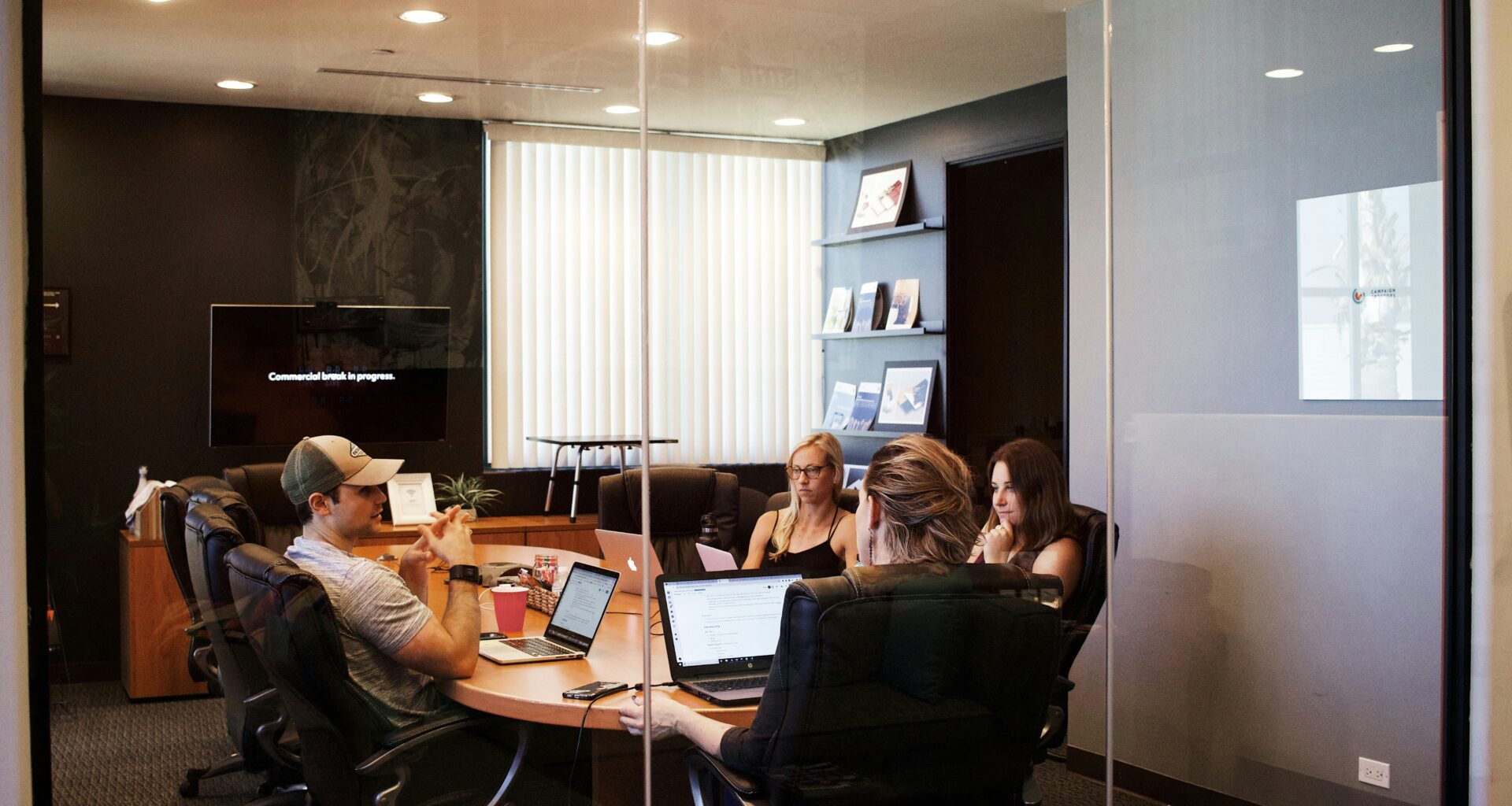In the perfect world, team-building activities are a great opportunity for coworkers to get to know each other, build rapport, and have some fun. In the real world, they’re often a bit of a nuisance that’s more hated than “building morale” with a free pizza on World Mental Health Day.
If you want team building to have actual meaning for your organization and bring some value, you’ll need to follow the old adage – pick yourself up by the bootstraps and do something about it.
Here are a few tips that will help you spice things up at work and make team-building enjoyable for everyone involved.
Pique team members’ interest with rewards
If you don’t want everyone to participate in the events you have planned half-heartedly, you’ll want to provide an incentive. Offering rewards can make your team members more interested and active. Participation will feel more inviting and less like an obligation they must fulfill.
Of course, the right reward to choose will heavily depend on your teams.
Custom awards, such as trophies or plaques, can be highly motivating, especially since they’ll give the winning teams bragging rights.
Monetary incentives would always be a welcomed reward, and so would PTOs. Perhaps the winning team could get to claim a specific client/project, or they could get the right to choose what the next office party will be like.
Whatever type of reward you go for, make sure that it delivers value.
Find out what your work buddies want to do
At first thought, an activity like karaoke, for example, might sound excellent for team-building. It’s funny, engaging, and lighthearted.
But what if most of your employees have horrible stage fright and don’t want to embarrass themselves in front of their coworkers? A scavenger hunt is a popular choice, but what if most of your employees don’t have the mental energy to look for clues and wander about?
While no activity you choose will please everyone, you could still choose an activity that pleases the most people – and the only way to find out what that activity is is by asking.
It’s much easier to keep everyone engaged in team-building activities if you organize activities that they actually enjoy. So, whether you send out a survey, present a few options the employees could choose from, or ask everyone to list activities they would like to participate in during team-building, you’ll want to ensure that you ask for and follow through on their input.
Don’t ask team members to sacrifice their free time
If you want a collection of mugs with a variation of “#1 worst boss” printed on them, you’ll schedule all your team-building activities on the weekends or right after your typical office hours.
Nothing makes team-building events less inviting than scheduling them during your employees’ free time. It’s annoying and draining, and it will defeat the whole purpose of these events.
If you want to support your employees’ well-being, schedule team-building activities during work hours and give everyone a nice day off – that way, you’ll help everyone maintain a good work-life balance and let them have their free time to themselves.
Keep collaboration above competitiveness
No less than 90% of employers think that fostering a sense of community in the workplace is the key to their success. So, if you want to foster a sense of community, you’ll ensure that your team-building events are more focused on collaboration rather than competitiveness.
Even some friendly competition can be detrimental to your team members. After all, you never know how someone would react to “losing” a fun game or how long they would hold a grudge for it. It’s not professional for employees to feel or behave that way, but it is human.
So, instead of forcing teams to go head-to-head against one another, try to come up with activities that will strengthen their bond and force them to communicate. Anything from escape rooms to simple trust fall exercises or story-building games could work wonders.
Mix and match teams
Depending on the size of your organization, you’ve likely noticed that most of your employees hang out in specific groups. They chit-chat by the water cooler, share lunch, and take their breaks with the same people all the time.
While that’s certainly to be expected, you’ll want to mix and match these groups for your team-building events.
You’ll want to shuffle groups between departments and ensure that everyone can enjoy team-building activities with different peers. It will improve their communication and collaboration and help them make stronger relationships with those outside their typical work circles.
The bottom line
Organizing effective team-building events isn’t always as easy as it first appears. If you don’t carefully plan them, your employees will quickly find themselves only waiting for the events to be over. So, spice things up.
Learn what your team members want to do, offer rewards, and avoid scheduling activities outside of work hours. Focus on collaborative instead of competitive activities and allow everyone to participate in different groups.





